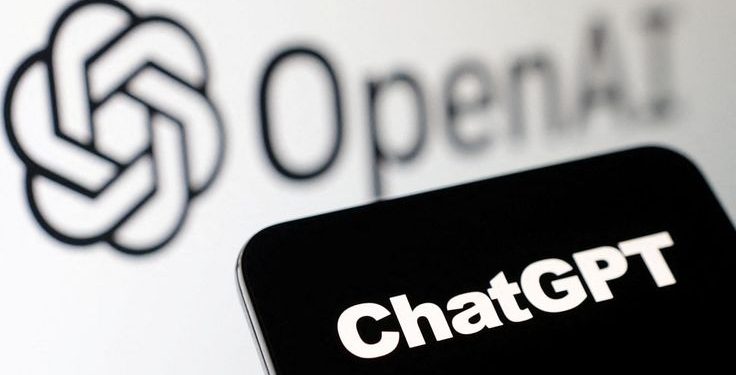Jakarta, Indonesia Sentinel — A student at Northeastern University in Boston has demanded a tuition refund after discovering her professor used artificial intelligence tools to prepare course materials. The incident igniting a broader debate over the ethics of AI use in higher education.
According to a report by The New York Times, the student named Ella Stapleton, became suspicious of her business professor, Rick Arrowood, after noticing inconsistencies and unusual phrasing in his lecture slides. Her suspicions were confirmed when she found an AI prompt accidentally left in the materials, reading, “expand on all areas. Be more detailed and specific.”
Stapleton reviewed the course slides uploaded to the university’s online learning platform and found several mistakes unique to AI generated content. The suspicious AI content including citations referencing “ChatGPT” in the bibliography, AI-generated images with visual distortions, and repeated typos throughout the materials.
Stapleton judged that his professor’s actions was an act of hypocrisy. “He told us not to use AI in our assignments, and then he used it himself,” Stapleton said, as reported by The New York Times on May 15.
Stapleton argued that the use of AI compromised the quality of instruction, falling short of the university’s reputation and the high cost of tuition. As a form of protest, she filed a tuition refund request with Northeastern’s business school administration, seeking more than $8,000 (roughly Rp131 million).
She cited the professor’s reliance on generative AI tools and what she described as inadequate teaching methods.
Read Also:
TikTok Launches Meditation Feature to Curb Late-Night Scrolling, Especially Among Teens
Professor Arrowood later admitted to using several AI platforms to create the course content, including ChatGPT for text, Perplexity AI for research, and Gamma for presentations. He acknowledged he failed to properly cite the AI-generated material.
“In hindsight, I should’ve reviewed the materials more carefully,” Arrowood said. “But if this experience becomes a lesson for others, I’m okay with that.”
The university ultimately denied Stapleton’s refund request. In a statement, Northeastern University reaffirmed its policy that both faculty and students may use AI tools as long as proper attribution is given.
Still, the incident has sparked widespread conversation about the ethical boundaries of artificial intelligence in academia, especially as generative tools like ChatGPT become increasingly common in classrooms across the U.S.
(Raidi/Agung)


























